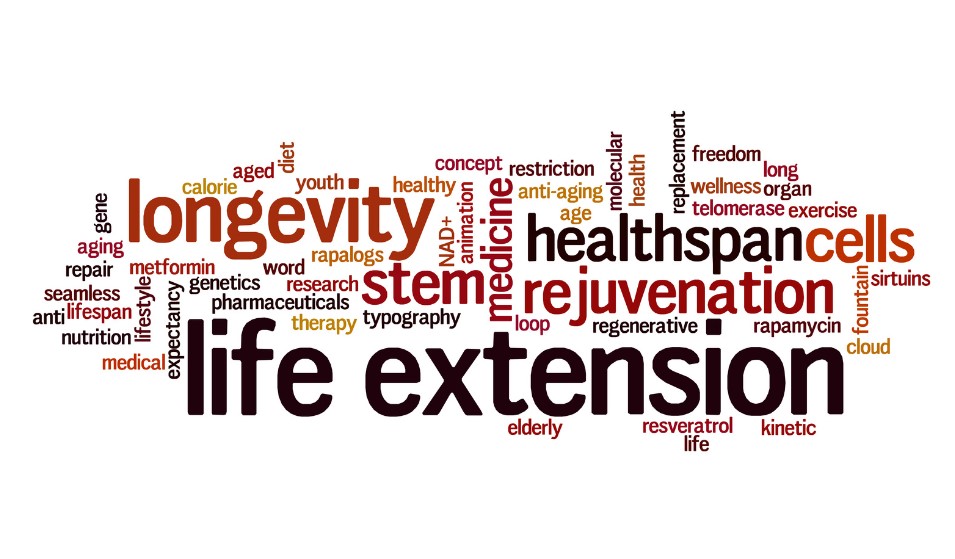As Baby Boomers, born between 1946 and 1964, navigate the complexities of aging, distinguishing between the health cycle and life cycle offers insightful perspectives on longevity and quality of life. Current statistics reflect an average life cycle of 78.6 years for men and 83.3 years for women in the US, according to the CDC, 2023. This is up by an average of ten years from this generation’s parents and grandparents.
In this era, men and women have experienced unique health journeys influenced by societal advancements, lifestyle choices, and medical innovations. However, as medical technology propels us toward significant increases in life expectancy, it raises crucial questions about the quality of those extended years.
As Baby Boomers continue to age, many face the prospect of transitioning out of independent living arrangements. This shift can bring about significant financial burdens and pose immense compromises to the quality of life if proactive health measures are not in place.
A 2023 study by the National Investment Center for Seniors Housing and Care (NIC) found that the average cost of assisted living in the US exceeds $51,000 annually, outpacing income for many seniors. And, with a significant increase in the retirement-age population over the next decade, supply/demand will drive these costs much higher.
Beyond the financial strain, transitions from independence can bring profound emotional challenges. Studies by AARP consistently show that most elders (over 90%) strongly prefer to age in place, highlighting the psychological impact of leaving familiar surroundings.
However, this is not always possible due to demands for care and resources that are not residentially practical. This loss of control and independence can lead to depression and mental health disorders in elderly adults.
The Traditional Health Cycle of Baby Boomers
Baby Boomer Men: From the post-World War II baby boom to today, men have seen significant shifts. Compared to previous generations, early advantages in healthcare and nutrition set a foundation for better childhood health outcomes.
A 2020 National Bureau of Economic Research study found that Baby Boomer men experienced a 10% reduction in childhood mortality compared to their fathers’ generation.
Yet, lifestyle choices and occupational hazards introduced risks, leading to preventable chronic conditions such as heart disease and diabetes in later life. The American Heart Association reports that heart disease is the leading cause of death for men, and diabetes affects 34.5 million Americans, including 1 in 4 Baby Boomers (CDC, 2023).
Mental health, particularly post-traumatic stress disorder (PTSD) affecting veterans of the Vietnam War era, emerged as a significant concern, underscoring the need for comprehensive healthcare approaches.
A 2019 study by the National Center for PTSD found that 11-20% of Vietnam veterans experience PTSD in a given year.
This era of men is known for having an impeccable work ethic and strong moral values. However, their often destructive lifestyle habits and low levels of participation in wellness-orientated programs place them at higher risk levels of compromised quality of life sooner, with slightly shorter lifespans than women.
Baby Boomer Women: Similarly, Baby Boomer women benefited from more advancements in healthcare and societal changes than their predecessors. Early life was marked by improved healthcare access, though societal norms often limited comprehensive health resources.
A 2021 study by the Women’s Health Policy Center found that while Baby Boomer women experienced a 60% increase in health insurance coverage compared to their mother’s generation, they still faced barriers to accessing preventive care due to factors like gender bias and lack of affordable childcare.
Adulthood introduced reproductive health challenges and workplace exposures. As they aged, menopause and osteoporosis became central health concerns, alongside chronic diseases. Many were unaware of the importance of proper nutrition and load-bearing exercise in promoting healthy bone density levels while bolstering immune health.
The National Institutes of Health report that menopause affects all women, and osteoporosis affects 54 million Americans over the age of 50, including 80% of women (NIH, 2023). Mental health has also been a pivotal issue, shaped by societal pressures and life transitions.
A 2023 study by the American Psychological Association found that Baby Boomer women are more likely to report symptoms of anxiety and depression compared to men of the same age group.
Though baby boomer women are legendary caregivers and homemakers, their value in self-care is typically secondary to family obligations. Many women of this era may soon find themselves reverting to this role later in life to care for the needs of their spouses, often to their detriment.
The Role of Medical Technology
While medical technology has undeniably extended life expectancies, its impact on quality of life is complex. Genomics, regenerative medicine, and digital health innovations have transformed disease treatment and management, offering hope for longer lives.
A 2022 study by the Milken Institute found that medical advancements have added an average of 10 years to life expectancy since 1900.
Yet, this technological advancement doesn’t automatically translate to improved quality of life. The challenge lies in ensuring that extended years are lived with vitality and wellness rather than merely prolonging life in the face of chronic conditions or disability.
Proactive Health Management: A Key to Quality of Life
Consider these inspiring statistics:
- A 2022 study by the National Institute on Aging (NIA) found that older adults who participate in regular physical activity are 30% less likely to develop cognitive decline compared to their sedentary counterparts.
- Staying socially connected also plays a crucial role. A 2021 University of California, San Francisco study demonstrated that older adults with strong social ties have a 50% lower risk of dementia, emphasizing the importance of maintaining social engagement.
- Furthermore, a 2023 Harvard T.H. Chan School of Public Health study revealed that following a heart-healthy diet rich in fruits, vegetables, and whole grains combined with a minimum of 150 minutes of weekly exercise can reduce the risk of heart disease, the leading cause of death in the US, by up to 25%.
These statistics translate into real-world benefits, empowering individuals to live longer, healthier, better quality lives.
Imagine an 80-year-old who, through consistent exercise and a balanced diet, maintains the strength and stamina to travel the world, pursue hobbies, and actively engage with loved ones.
This is not a fantasy but a tangible possibility for those prioritizing proactive health management. It is not uncommon for people in this category to fully enjoy every minute of life until the end of life!
However, THIS IS NOT AUTOMATIC!
Regular exercise, a balanced diet, and healthy lifestyle choices are non-optional requirements when sustaining the balance between your health cycle and life cycle.
For instance, a 2023 study by the American College of Sports Medicine found that regular physical activity can reduce the risk of heart disease, stroke, type 2 diabetes, depression, orthopedic dysfunction, and some types of cancer by up to 30% while improving balance, agility, and functional strength for 55+ aged adults.
Similarly, a 2020 study by the Harvard T.H. Chan School of Public Health found that a Mediterranean diet reduces the risk of cognitive decline and Alzheimer’s disease by up to half!
Moreover, engaging in regular health screenings and managing chronic conditions proactively can prevent complications, emphasizing the importance of an active approach to health management.
It’s a fact that under normal circumstances, you will live longer than many others historically. Because of this, it is more important than ever to proactively manage your health to avoid the days, weeks, months, and years of regret as you await the end of life.
Joe Carson B.S. NASM-CPT/FAS/CN
Master Trainer/Functional Aging Specialist/Certified Nutritionist
Age-Well Arizona
c: 480-255-2157 email: joe@agewellarizona.com
Address: 1234 S. Power Rd. Suite-201 Mesa, Az 85206 Private Services Office
Address: 801 S. Power Rd. Suite-203 Mesa, Az 85206 Performance & Education Center





